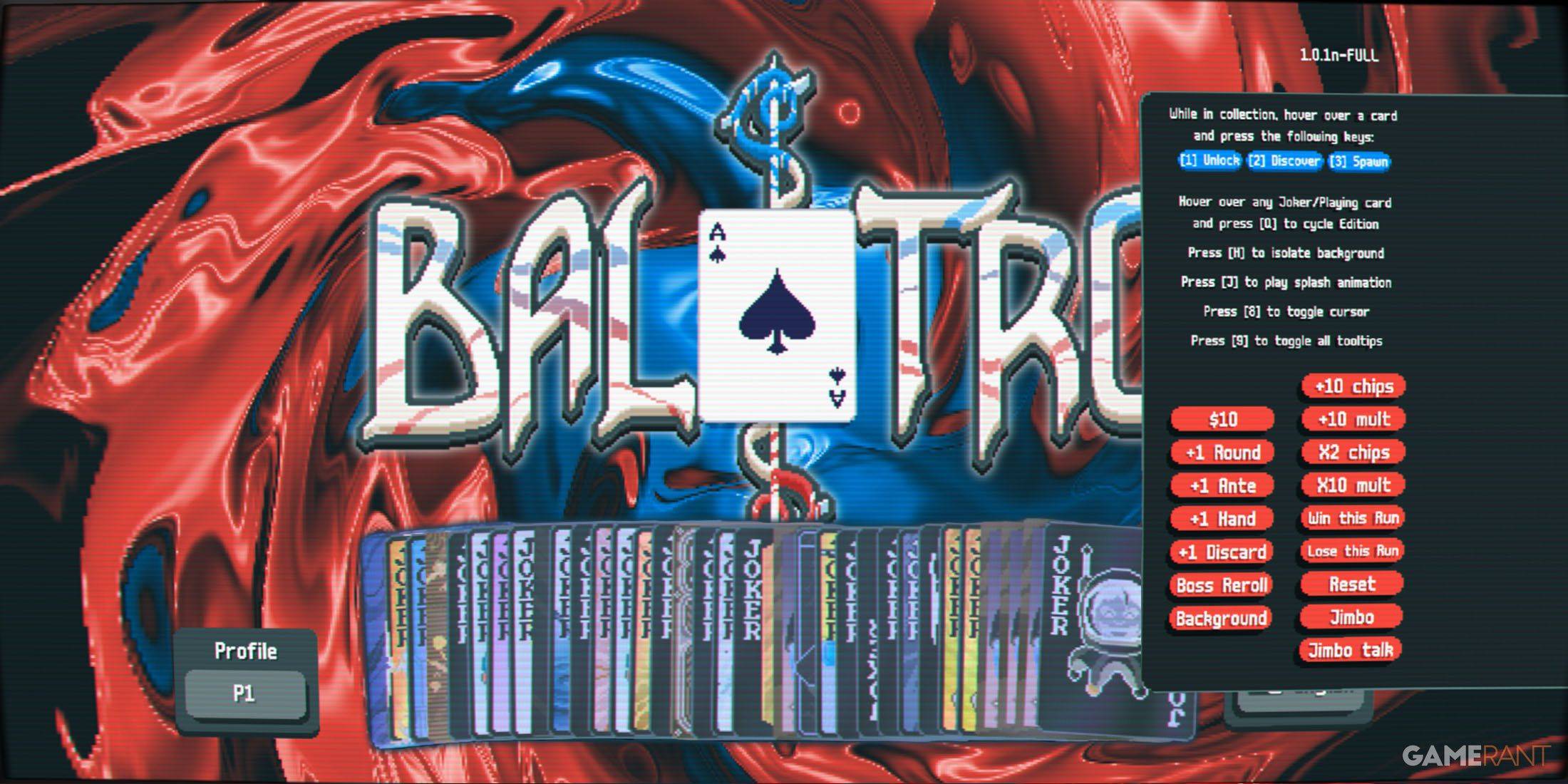Steam, Epic Required to Admit You Don't \"Own\" Games on Their Platforms
California's New Law: Clarifying Digital Game Ownership
A new California law, AB 2426, aims to increase transparency in digital game sales, requiring platforms like Steam and Epic Games to clearly state whether a purchase grants ownership or merely a license. This law, signed by Governor Gavin Newsom, takes effect next year and combats misleading advertising of digital goods.

The law mandates clear and conspicuous language in sales agreements, using larger or contrasting text to inform consumers that they may only be acquiring a license, not outright ownership. This is crucial because digital goods, unlike physical copies, can be revoked by the seller at any time.

Violators face potential civil penalties or misdemeanor charges for false advertising. The legislation specifically prohibits using terms like "buy" or "purchase" without explicitly clarifying that this doesn't equate to unrestricted ownership or access. The law defines "game" broadly, encompassing applications accessible on various devices, including add-ons and additional content.

Assemblymember Jacqui Irwin highlighted the importance of consumer protection in the increasingly digital marketplace, emphasizing the need for clarity regarding the nature of digital transactions. She noted the common misconception that purchasing digital content grants permanent ownership, similar to physical media.

Subscription Services Remain Unclear:
The law doesn't address subscription services like Game Pass or instances where games are taken offline, leaving these areas legally ambiguous. This lack of clarity follows recent controversies where companies like Ubisoft delisted games, leaving players without access despite prior purchases. Ubisoft executives have previously suggested that players should adapt to the concept of not "owning" games in the traditional sense, given the rise of subscription models.

Philippe Tremblay, Ubisoft's director of subscriptions, noted a shift in consumer expectations, comparing it to the transition from owning physical media like CDs and DVDs. However, the California law underscores the necessity of transparent communication to ensure consumers fully understand the terms of their digital purchases.

In essence, AB 2426 represents a significant step towards greater consumer protection in the digital gaming market, although some areas remain to be addressed in future legislation.
Latest Articles




![Taffy Tales [v1.07.3a]](https://imgs.anofc.com/uploads/32/1719554710667e529623764.jpg)


























